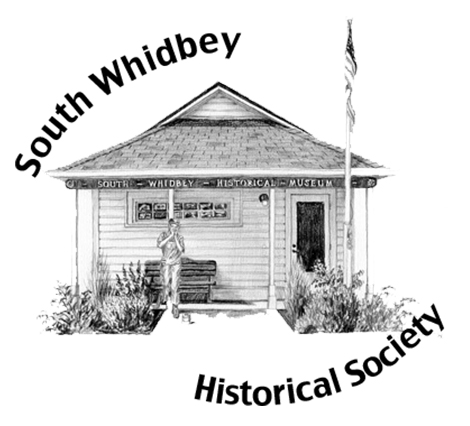“I was bom December 1, 1890, and weighed about 14 pounds. My mother was 18 and barely lived through the experience. Our house was on a farm 25 miles north of Mandan, North Dakota —not far from the Missouri River. We moved it a little over two miles from another farm. It had four rooms when it was re-assembled. It was a log house with fir-bark between the cracks and a sod roof. My grandmother worked for General Custer and knew Lincoln when he went to the Little Big Horn.
“Our nearest neighbor lived about three- quarters of a mile away, and the school was a little over two miles from our home. Mandan was about 25 miles away, so we went only three times a year by horse and buggy. It took one day to town, one day in town, and a third day home. We exchanged wheat for flour at the mill. When we had matches and coal oil, we were sitting pretty and didn’t need anything from town.
“I rode to school on a horse. There was a gully just wide enough to get through. We had a one- room school house with 19 children. Sometimes I peeled hard-boiled eggs on my way to school, and there were shells all along my path. Each child had their own book and slate so the teacher taught each of us separately.
“When I was in my early twenties, we had several dry summers; the winters were so severe that my dad decided to move out west and start over. He scouted around the first year, and got to Coeur d’Alene, Idaho which he liked pretty well. Mother and I stayed home to take care of the farm. The second year, Dad got to Whidbey Island and he really liked the greenery in the winter. I remember the first words my mother said when he returned—’Walter, we’re moving!’
“In 1912, we packed some farm equipment, household items, and animals in a box car. My father rode with our three cows and three horses to Everett. Then, Dad loaded a barge and towed it into Useless Bay and up to Bayview. From there, he loaded our belongings into a wagon and hauled them to our new place near the intersection of Millman and Double Bluff Road.
“It was solid woods around us and we had to earn our money for dynamite to blow up the stumps. Our new house was built out of the trees that were cut off the property. If you tried some of the things that we used to do with dynamite today, you’d be in jail!
“Clinton was out of this world because there was no road there and the ferry was in Langley. At the corner of Millman and Double Bluff Road (then owned by Mr. Dassel) the woods were so thick that you needed an axe to get through. One day my cows got out and went through the woods and around the corner. I tried to cut through the woods and got caught in the undergrowth. I eventually caught my cows.
“Mr. Dassel decided to build a house way back in these woods. He asked me to haul a load of wood from McMasters Hill. When I got down and into the woods, I discovered there was no room to turn around, so I had to disassemble the wagon, turn it around, and re-assemble it.
“We didn’t have electricity in those days, but got along without it. We used coal oil lamps and had a windmill for pumping water. In the 1920’s, we got a carbide generator for lighting and cooking. When they finally got electricity, we didn’t hook up for about three years and didn’t intend to. But now we have it and I don’t know what we would have done without it.
“One morning, a neighbor came down and said ‘A car went by last night. I can tell by the tracks.’
“In the early 1940’s, I barely survived a runaround with the bull. I was on crutches from a broken leg and was out in the bull pen back by the barn getting ready to clean it out. I meant to tie the bull up. I threw the rope over his neck. The next thing I knew, he charged me and mauled me. I was laying [sic] flat on my back and was almost crushed. My dog Sam came along and as soon as the bull saw the dog, my life was saved. All but one of my ribs was broken. I’m glad I’m here to tell you all about it.”
